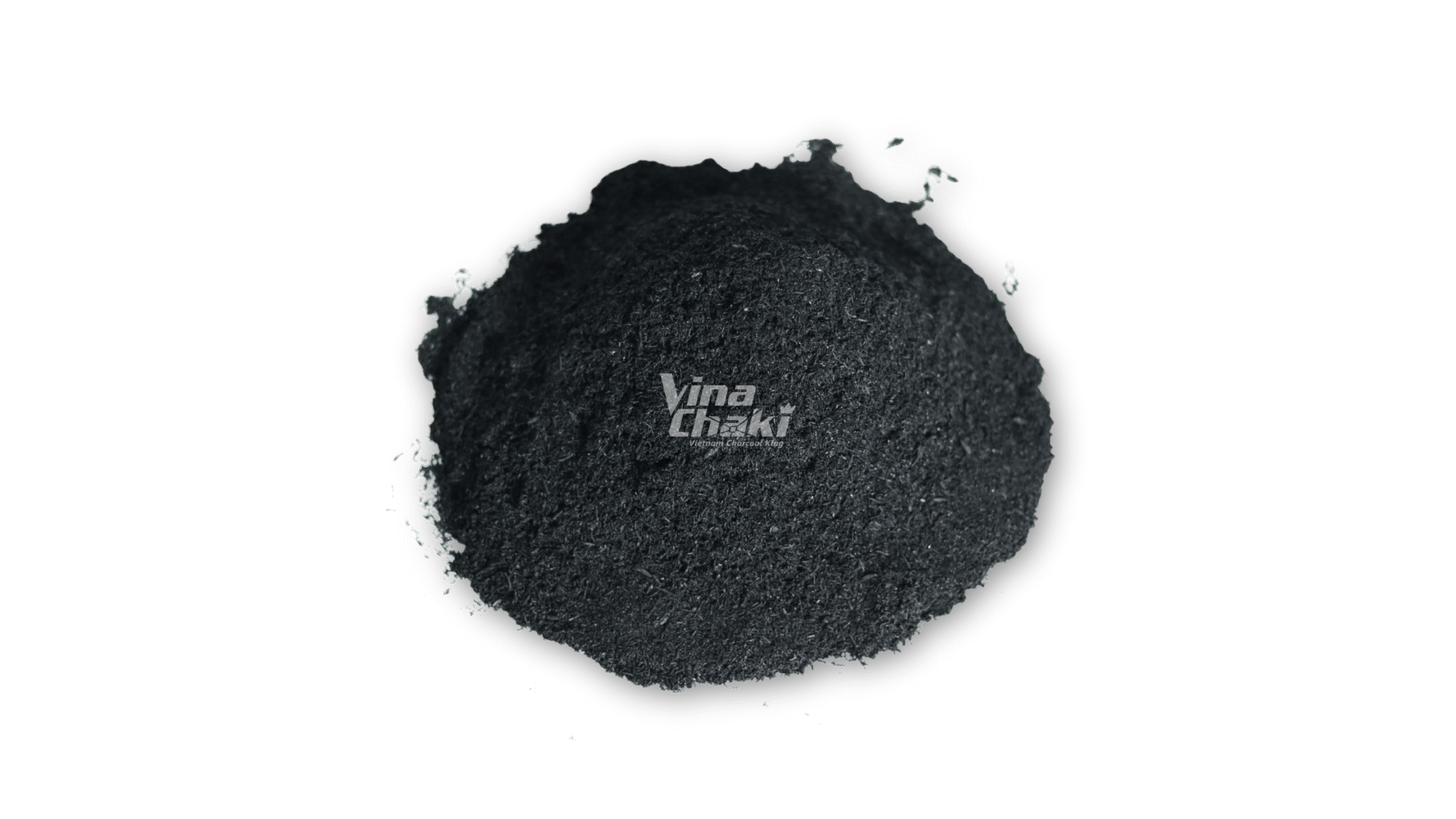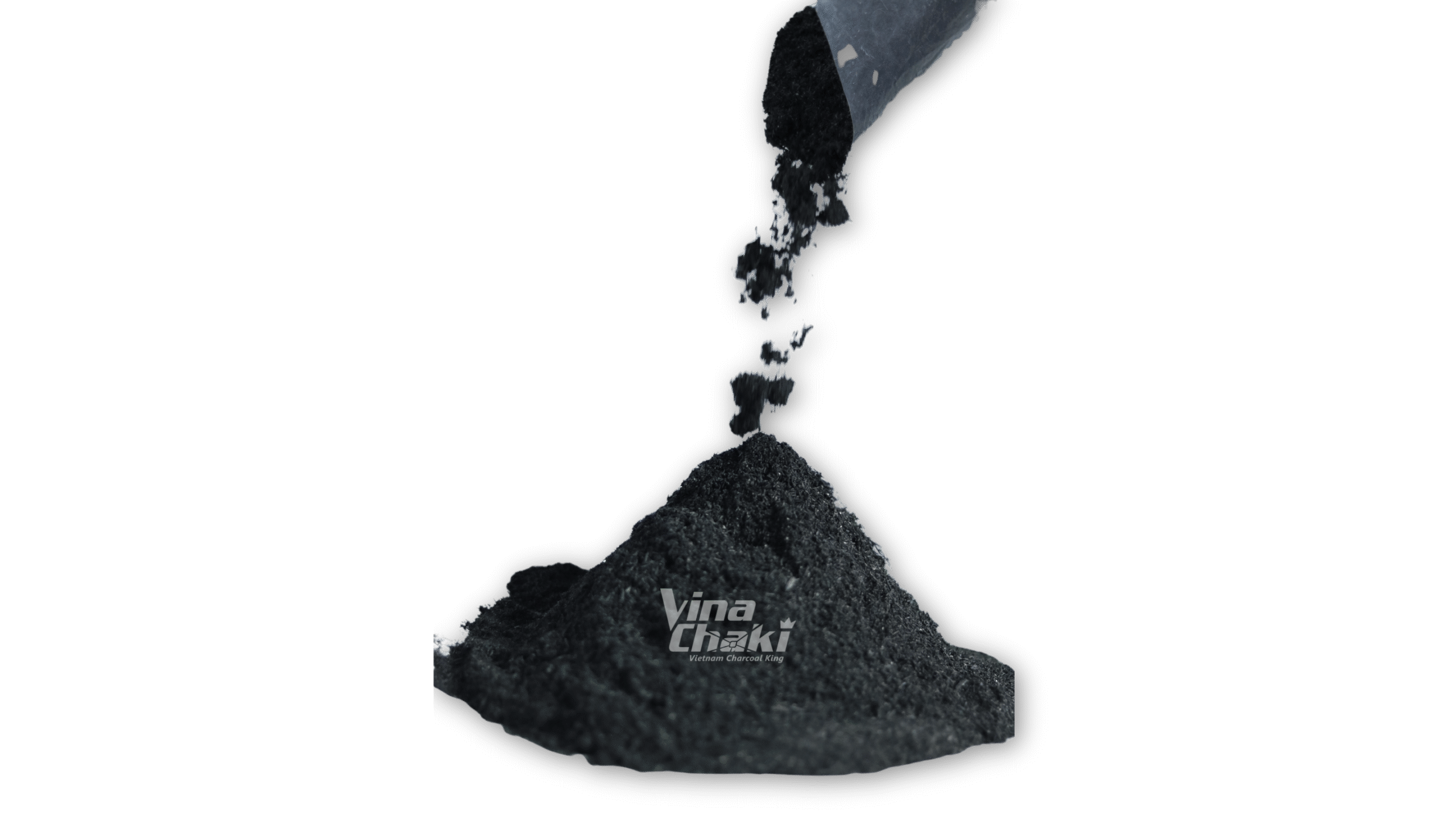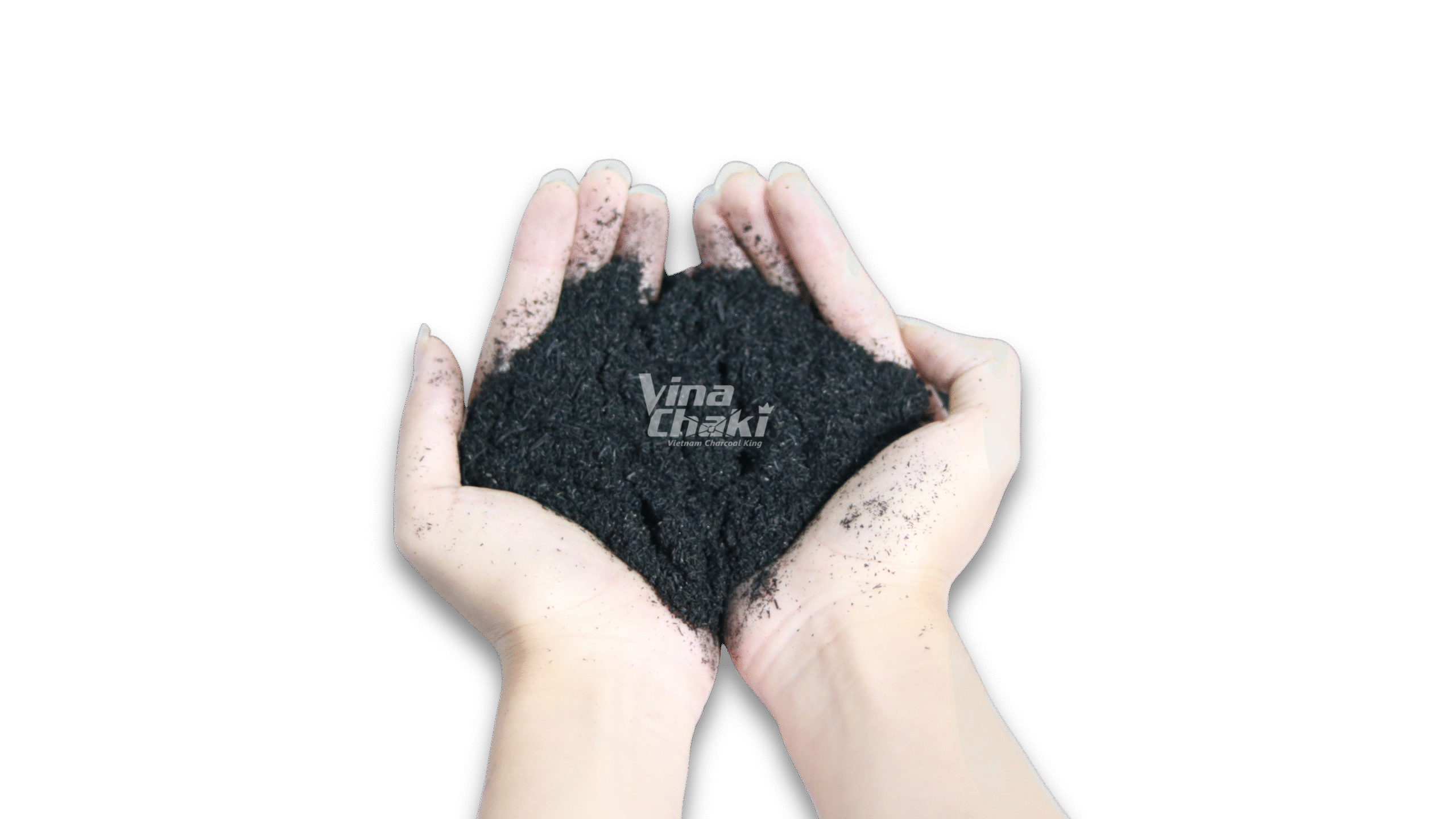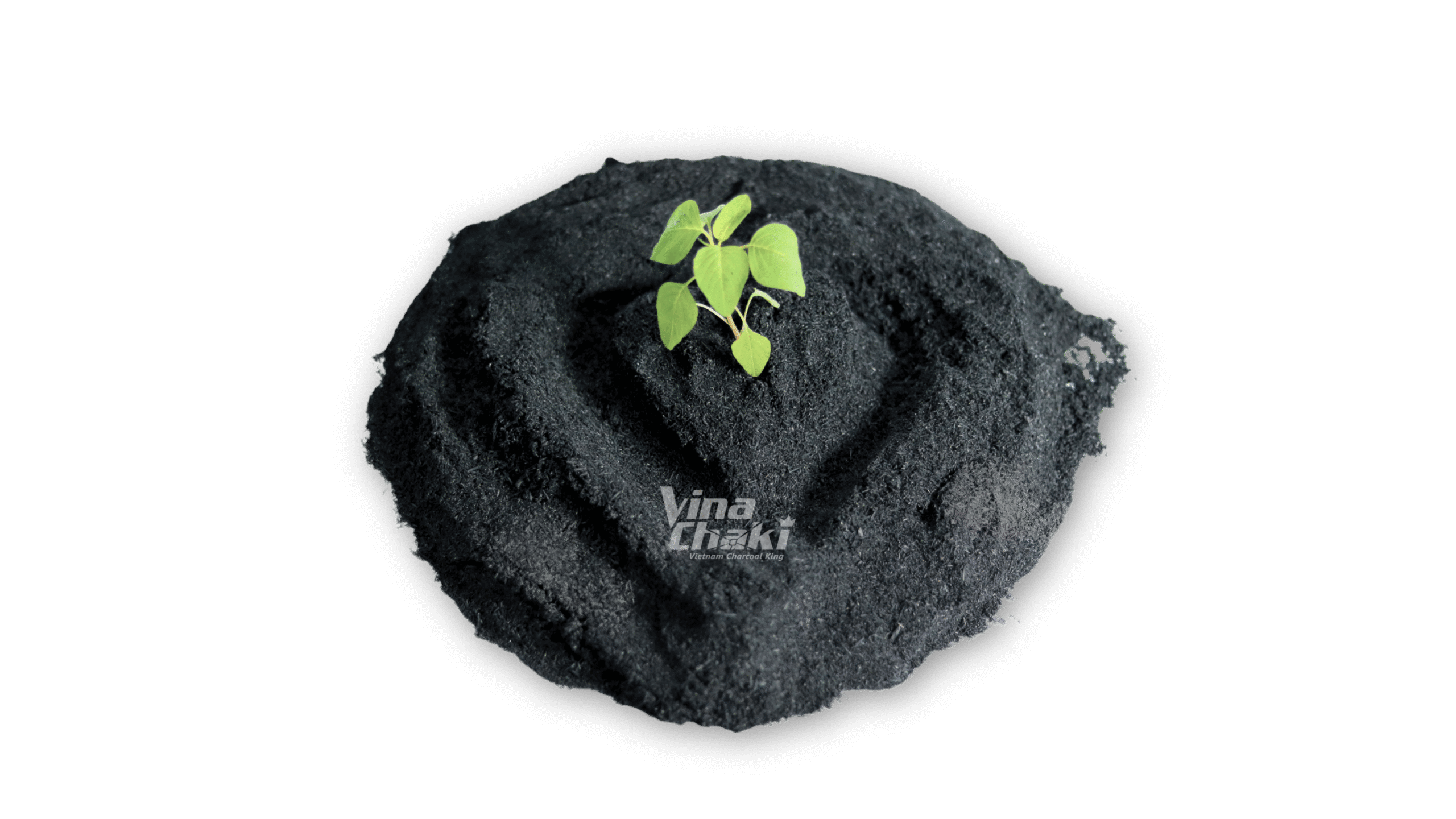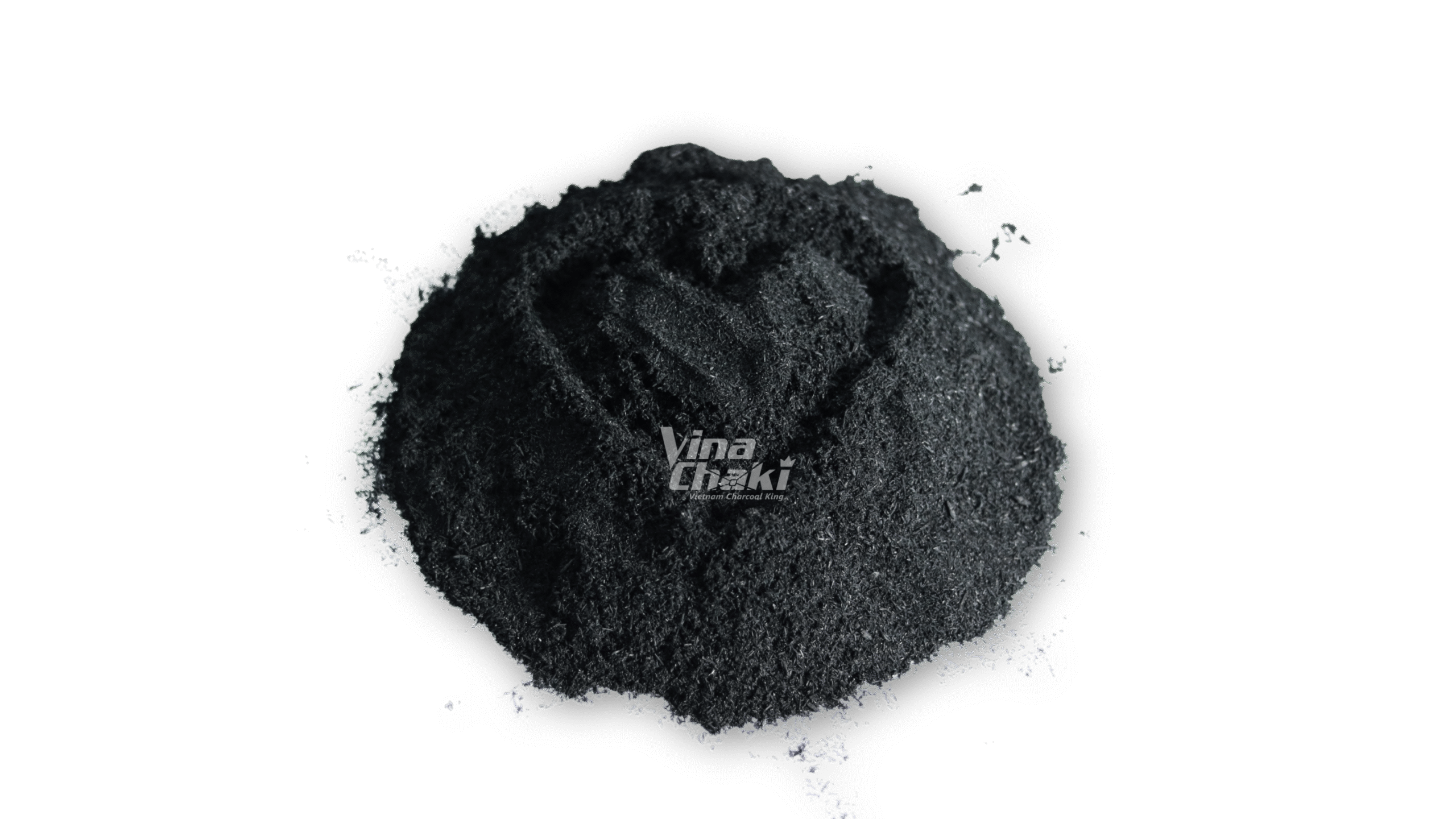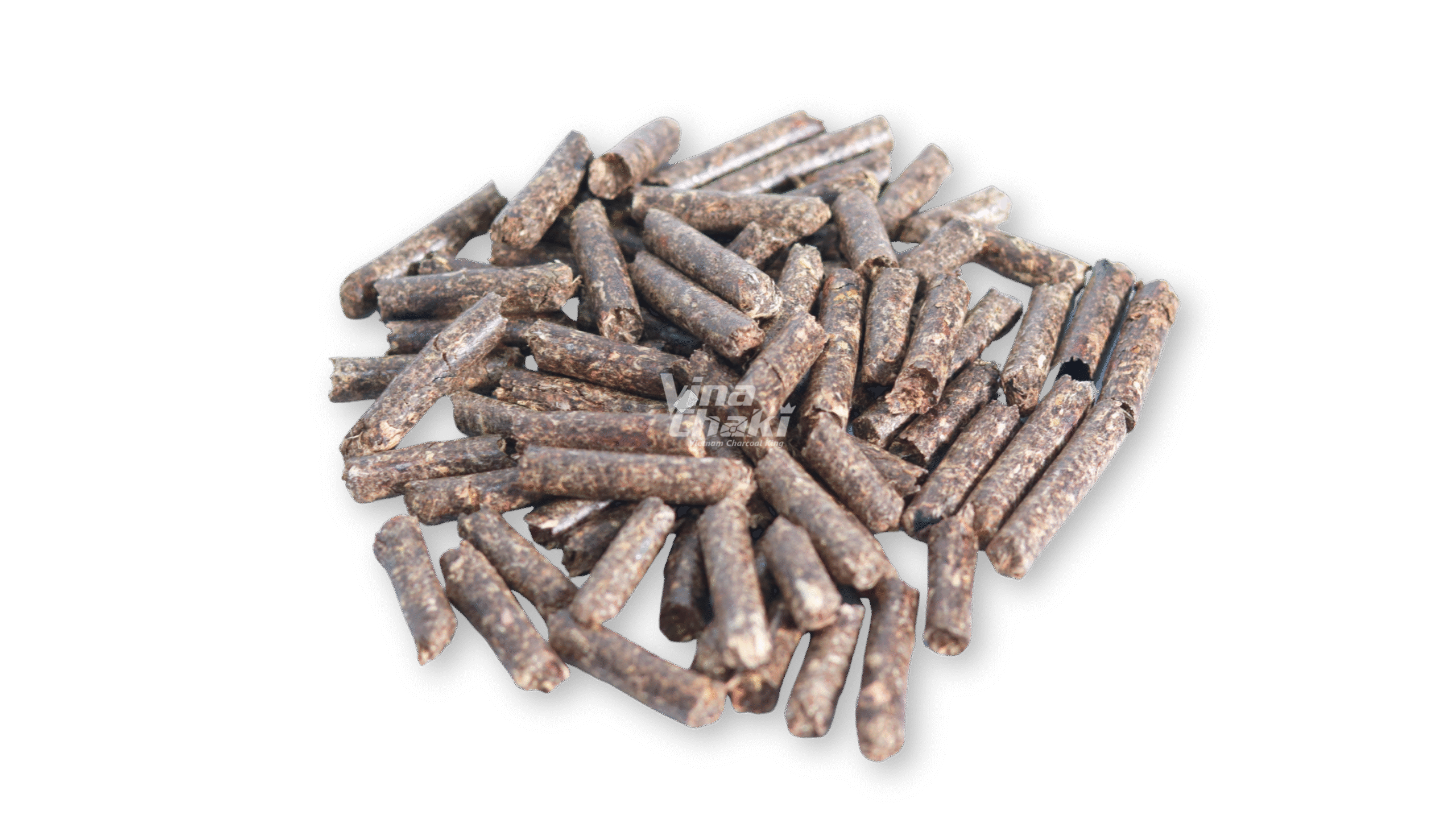Green Energy For Agriculture And Beyond
Biochar is a carbon-rich material created through the pyrolysis of natural biomass such as wood, agricultural residues, or organic waste under low-oxygen conditions. Unlike traditional charcoal used for cooking or heating, it is specifically designed for soil enhancement, carbon sequestration, and sustainable energy applications — making it a vital innovation in the global transition toward green agriculture and climate resilience.
Through advanced pyrolysis technology, it retains the natural carbon content of organic matter while transforming its physical structure into a highly porous form. This unique honeycomb-like structure gives Biochar an exceptional ability to absorb and retain nutrients, moisture, and beneficial microorganisms, helping restore soil health and fertility.
In agricultural use, it acts like a natural sponge within the soil, improving aeration, enhancing water-holding capacity, and supporting root development. At the same time, it locks carbon in the ground for hundreds of years, preventing greenhouse gas emissions and contributing to long-term climate stability.
1. Sustainable Farming Solution
Biochar plays a vital role in sustainable agriculture. Its micro-porous structure enhances nutrient retention, balances soil pH, and provides a habitat for beneficial microbes. These microbes help convert organic matter into nutrients, boosting soil activity and fertility.
By improving soil aeration and moisture-holding capacity, it reduces irrigation needs and minimizes fertilizer loss due to leaching. This leads to higher crop yields and better food quality while helping farmers reduce production costs. In organic and regenerative farming systems, Biochar is recognized as an essential amendment to restore soil health and long-term productivity.
Furthermore, Biochar helps lock carbon into the ground for hundreds of years, turning farming into a tool for combating climate change. Instead of releasing carbon through burning or decay, biomass is converted into stable carbon — effectively turning waste into a climate solution.
2. Land Restoration and Soil Rehabilitation
Biochar is also a proven remedy for degraded or damaged lands. In regions suffering from drought, salinity, or nutrient depletion, Biochar rejuvenates soil by improving its structure and porosity. This enables better root penetration, enhances cation exchange capacity (CEC), and increases the soil’s ability to retain essential minerals.
By binding harmful substances and neutralizing soil acidity, Biochar helps reclaim lands affected by pollution or chemical overuse. It restores fertility and productivity, turning once-barren areas into arable land again. For governments, NGOs, and eco-projects, Biochar represents a scalable and affordable method for sustainable land management.
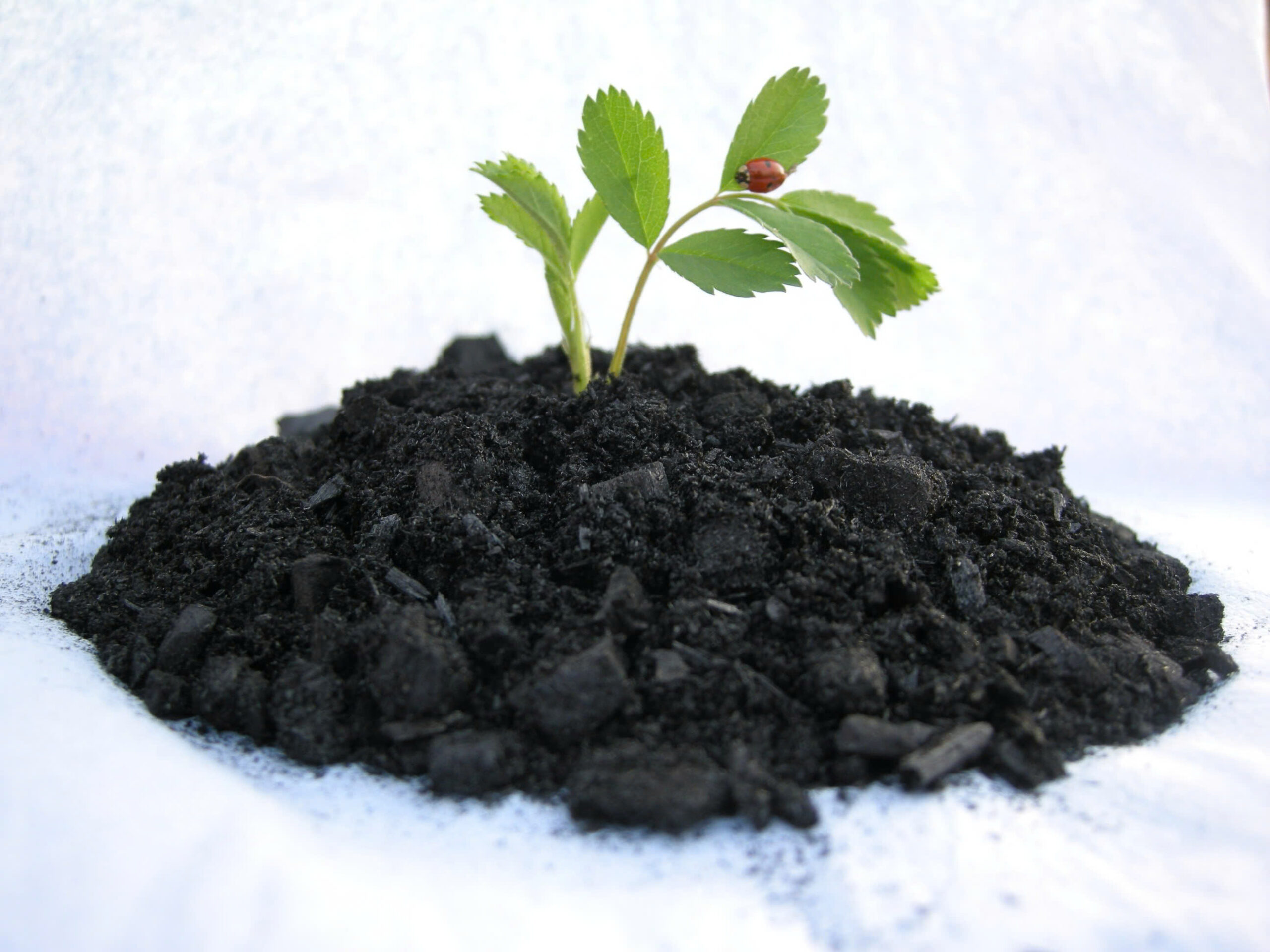
3. Renewable Energy & Circular Economy
Beyond agriculture, Biochar’s production process itself contributes to clean energy generation. During pyrolysis, the gases released can be captured and converted into bio-oil or syngas, providing renewable energy alternatives to fossil fuels. This creates a circular economy model — waste biomass becomes a source of both carbon storage and energy.
At scale, Biochar can help reduce agricultural emissions, improve energy efficiency, and provide an eco-friendly solution for waste management. It bridges the gap between environmental protection and economic growth, offering value across multiple industries.
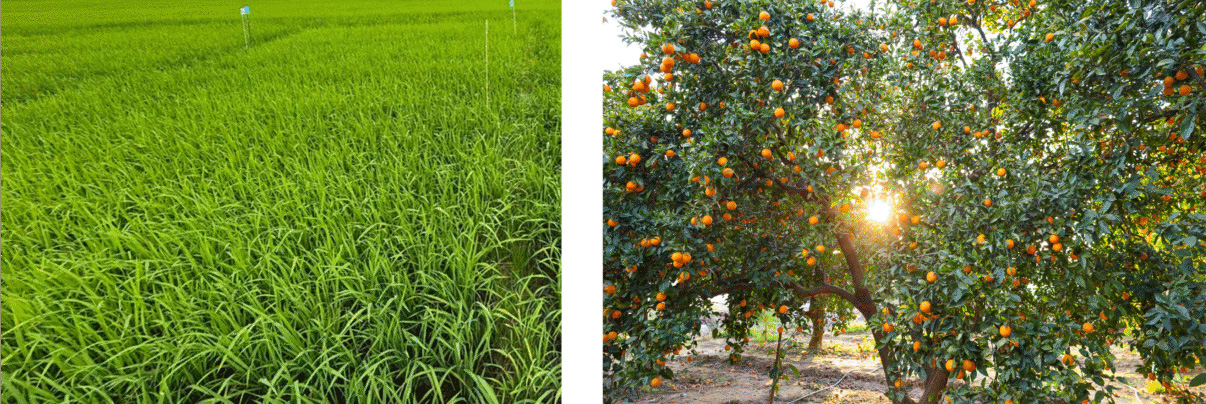
Sustainable Farming |
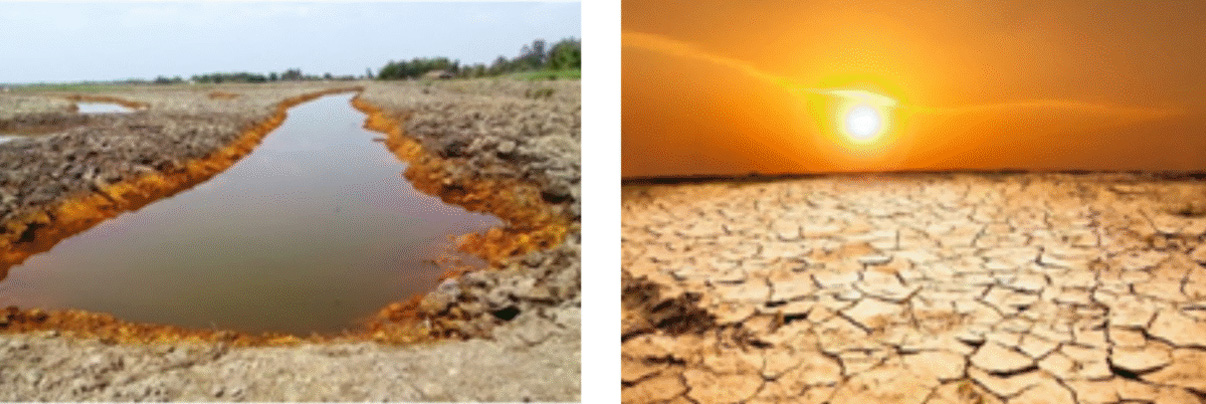
Land Restoration |
Why Biochar is the Future of Sustainability
Biochar isn’t just another product — it’s a transformative innovation that tackles today’s biggest environmental challenges. By turning agricultural by-products into a stable carbon form, Biochar helps restore soil, reduce emissions, and store carbon for centuries.
For farmers, it means healthier soil, better yields, and less dependence on chemicals. For the planet, it means cleaner air, greener agriculture, and a smarter use of resources.
As more communities adopt Biochar, it becomes a symbol of how technology and nature can work together. Choosing Biochar isn’t just a farming decision — it’s an investment in a sustainable future where agriculture and the environment grow stronger side by side.
👉 Want to see how Vinachaki products are made?
Visit our YouTube Channel to explore the full story behind our products — from raw materials and production technology to real BBQ tests in action.

